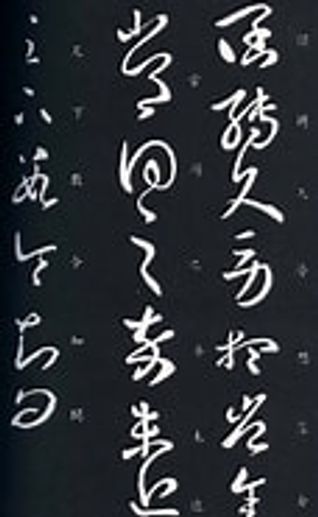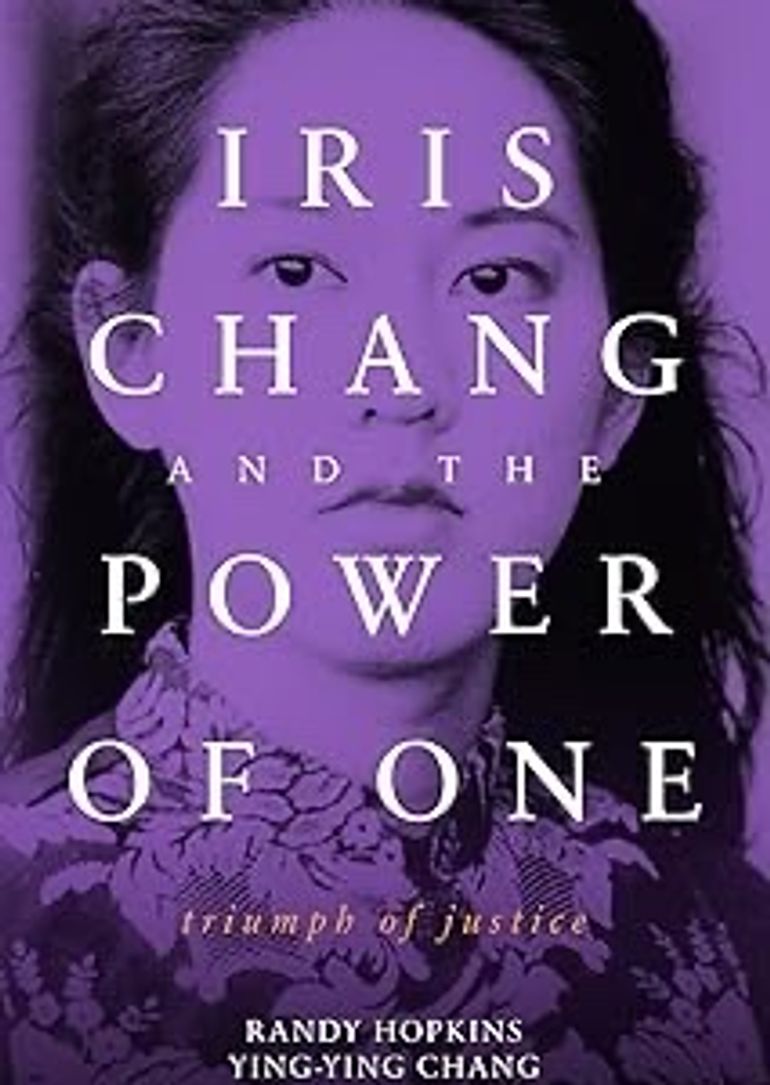Signed in as:
filler@godaddy.com
Signed in as:
filler@godaddy.com

"Apprendre et réviser souvent
n'est-ce pas un plaisir?
Voir des amis venant de loin
n'est-ce pas une joie?
Embrasser des malentendus
n'est-ce pas noble?"
To learn and revise often
isn't it a pleasure?
To meet with friends coming from far
isn't it a joy?
To tolerate misunderstandings
isn't it noble?
- - King Zi 孔子 "Discussions 論語


如果能与所有的事物对话
Rúguǒ néng yǔ suǒyǒu de shìwù duìhuà
佛像,香炉,音乐,书简
Fóxiàng, xiānglú, yīnyuè, shūjiǎn
我想,彼此都需要素朴的感
Wǒ xiǎng, bǐcǐ dōu xūyào sùpǔ de gǎnjué
我们可以谈论明天
Wǒmen kěyǐ tánlùn míngtiān
但不想触及昨天
Dàn bù xiǎng chùjí zuótiān
这样,就可以让光阴慢下来
Zhèyàng, jiù kěyǐ ràng guāngyīn màn xiàlái
台风过后
Táifēng guòhòu
可以请花匠将果树扶正
Kěyǐ qǐng huājiàng jiāng guǒshù fúzhèng
同时,也修剪过去的多余
Tóngshí, yě xiūjiǎn guòqù de duōyú
可以去修理破损的物件
Kěyǐ qù xiūlǐ pòsǔn de wùjiàn
抱回一把枯荷
Bào huí yī bǎ kū hé
插在曾经印证历史的花瓶里
Chā zài céngjīng yìnzhèng lìshǐ de huāpíng lǐ
这样,就很好
Zhèyàng, jiù hěn hǎo
宁静的阳光
Níngjìng de yángguāng
躲在书堆里
Duǒ zài shūduī lǐ
让念想在岁月的流逝中
Ràng niànxiǎng zài suìyuè de liúshì zhōng
越发香醇
Yuè fā xiāngchún
戴宇作于二零二五年一月
由须勤注拼音
(Translation of 归隐 by 须勤 Xu Qin)
If I could speak with all things, like
a Buddha statue, an incense burner, a piece of music, or some ancient scrolls.
I think we'd both want simplicity.
We could talk about tomorrow, but not yesterday, and if we could-
let time slow down.
After the typhoon, we could
have the gardener straighten the trees, prune away the excess, and
repair the broken. we could
gather a handful of withered lotus, and
place them in a vase that bears witness to history.
This is enough, I think-
Quiet sunlight hiding among the books.
Let ideas and thoughts grow mellow
with the passing years,
ever more fragrant.
(Traduction de 归隐 par Ying Chen)
Pour que tous et toutes choses se parlent
Statues de bouddha, brûle-encens, musique, livres,
Il faudrait de la simplicité, je crois
Traitons de l’avenir
Sans l’envie de toucher le passé
Le temps pourra alors ralentir
Après le typhon
Le jardinier viendra redresser le fruitier
Et couper ce qui est de trop, de démodé
Les objets cassés se réparent aussi
Et on rentre avec une grande feuille sèche de lotus
La poser dans un vase témoin de l’Histoire
Ce sera très bien, ainsi
Les rayons tranquilles
Se cachent dans un tas de livres
Laissant émaner le parfum des idées et des pensées
devenu dense au fil des ans
《一》
南国安否
Nan guo an fou
重逢旧梦后
Chong feng jiu meng hou
案积世尘伽蓝守
An ji chen shi qie lan shou
孤诗怜酒一年
Gu shi lian jiu yi nian
How's the south
Since we reunited
Dust veils the temple's table
Lonely year, poem and wine
《二》
残梅暗香
Can mei an xiang
扶影寒雨霜
Fu ying han yu shuang
春风不分南北乡
Chun feng bu fen nan bei xiang
自有苍茫短长
Zi you cang mang duan chang
Plum blossoms fall
Subtle scent lingers
Spring winds know not south from north
In wilderness their reign varies.
《三》
新岁旧事
Xin sui jiu shi
繁枝乱眼翠
Fan zhi luan yan cui
文章世外春意醉
Wen zhang shi wai chun yi cui
辜负江东心思
Gu fu jiang dong xin si
New Year,old tales
What a lush, green sight
Words become drunk, off the world
Thinking little of river's flow.
《四》
晴云晚霞
Qing yun wan xia
寒烟落人家
Han yan luo ren jia
沙鸥寂寞渡天涯
Sha ou ji mo du tian ya
金玉尔音心遐
Jin yu er yin xin xia
A sunset glow
Brings cold smokes to homes
A lone gull gliding far and high
Its call resonates deep.
《五》
沧海雄风
Cang hai xiong feng
书卷春秋功
Shu juan chun qiu gong
桑田有心思梧桐
Sang tian you xin si wu tong
奈何万紫千红
nai he qian zi wan hong
Against sea winds
Pages about past endeavors
The barren land yearns for trees
Yet flowers bloom anew.

Chris is on Instagram:
chrisharris.ca





" A propos de la traduction en japonais de poèmes provençaux"
Revue "Astrado", No 50, avril 2015, pp.136-149

Wordpress.com

辋川图卷
Large rolled painting about the poet/painter's hometown river

雪溪图 Snow and stream

Mot de l’éditeur :
« Vivre et travailler de concert ». Telle est la leçon que Michel Butor reçoit de la musique. Lui qui se dit un « musicien refoulé tressaillant d’aise » à la moindre note, se décrit au concert comme un enfant dans un magasin de merveilleux jouets, se demandant comment se servir de ces sons à l’intérieur des constructions de mots qu’il élabore. Du garçonnet qui apprend le violon au poète octogénaire, Michel Butor aura vécu, écrit, rêvé, pensé en musique. Quel que soit le genre de ses écrits, chaque ouvrage est un livre partition ; chaque œuvre en collaboration une aventure d’harmonie et de rythme. Chaque composition musicale, que ce soit celle de Roland de Lassus, des improvisations de jazz ou des pièces de Stravinsky, donne à l’écrivain la chance singulière de composer des textes en répons. La musique à l’atelier Butor, c’est une façon d’être au monde : de refuser de fermer les frontières entre les époques, les pays, les cultures ; de travailler à ouvrir des trous dans les remparts ; de se sentir vibrer avec les flux et les énergies planétaires.

Mots de l'éditeur
"Entièrement dans la veille, ni dans le sommeil, ni dans le souvenir ni dans l’oubli, tel est l’état de conscience d’un yogin libéré. "
-- Hathayoga Pradîpikâ, IV.110
Sans doute la discipline spirituelle la plus répandue dans le monde moderne, le yoga, n’est pas ce qui est proposé au grand public aujourd’hui dans les différents ateliers de bien-être. Ce petit ouvrage d’une lecture aisée, à la fois synthétique et précis, résume en quelques pages, les principes et les racines de cette méthode de réalisation intérieure, probablement la plus ancienne de notre humanité. Écrit par une sanskritiste et spécialiste de la spiritualité hindoue, Colette Poggi, à partir des sources traditionnelles et de leurs commentaires par les grands maîtres spirituels de l’Inde, il constitue une introduction à ce qu’est véritablement le yoga.

Traduit en espagnol en 2025

Words of the publisher:
“The Letter Box is notable for its contemporary approach and subject matter in the ancient form of Qing Ping. The mood is nostalgic in reference to technology and how it shattered the boundaries of childhood. The authorial voice is distinctive throughout for its gravitas, yet counterbalanced with much irony and humour, accessible language and references, and relatable content.”






Dessins à une exposition consacrée à Claude Simon, dans la Villa Yourcenar, présentés par Mireille Calle-Gruber dans son nouveau ouvrage “Réinventer les Alphabets”



Calligrapher who invented the style of the so called "Bare writing" 草书



An interview with BookTV 1997
Note:
During Japanese invasion, with the fall of the capital city of Nanjing, within a few months from December 1937 to March 1938, over 300000 civilians and surrendered soldiers were butchered with unspeakable atrocity rarely seen in human history. An estimated number of 80000 women raped.
There was report on "Chicago Daily News" on December 15th, 1937 and on "New York Times" on December 18th, 1937.


An interview by France Culture (Hors champs) with the author
A translation by Jeffrey Zackerman
.Bilingual performance by Yang Hong-Ji
https://tv.cctv.com/2021/06/07/VIDEXpaLunsu3RSScFtTaIZu210607.shtml
安托万-仸罗迪纳 “卑微天使”选段
《世界文学》杂志, 2018